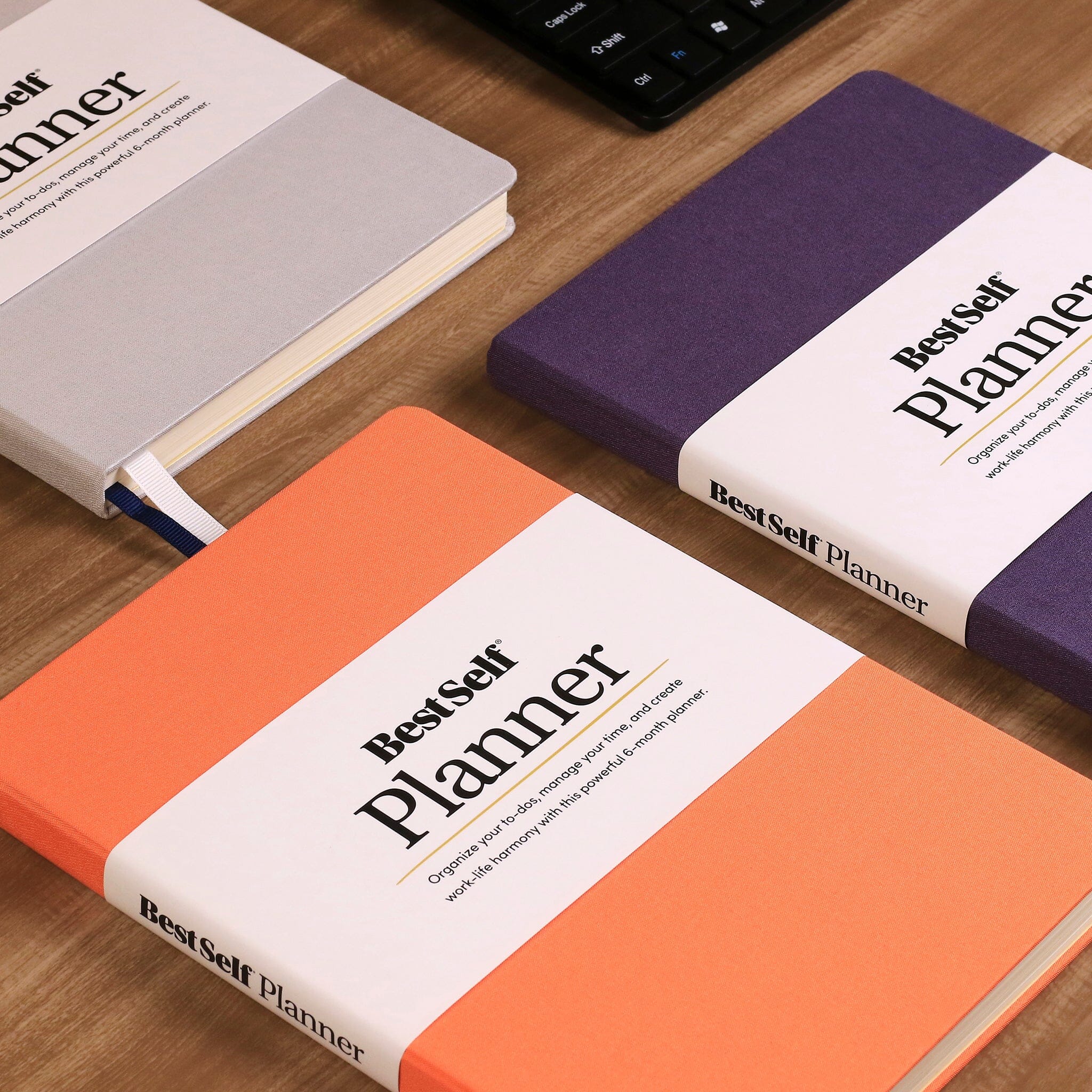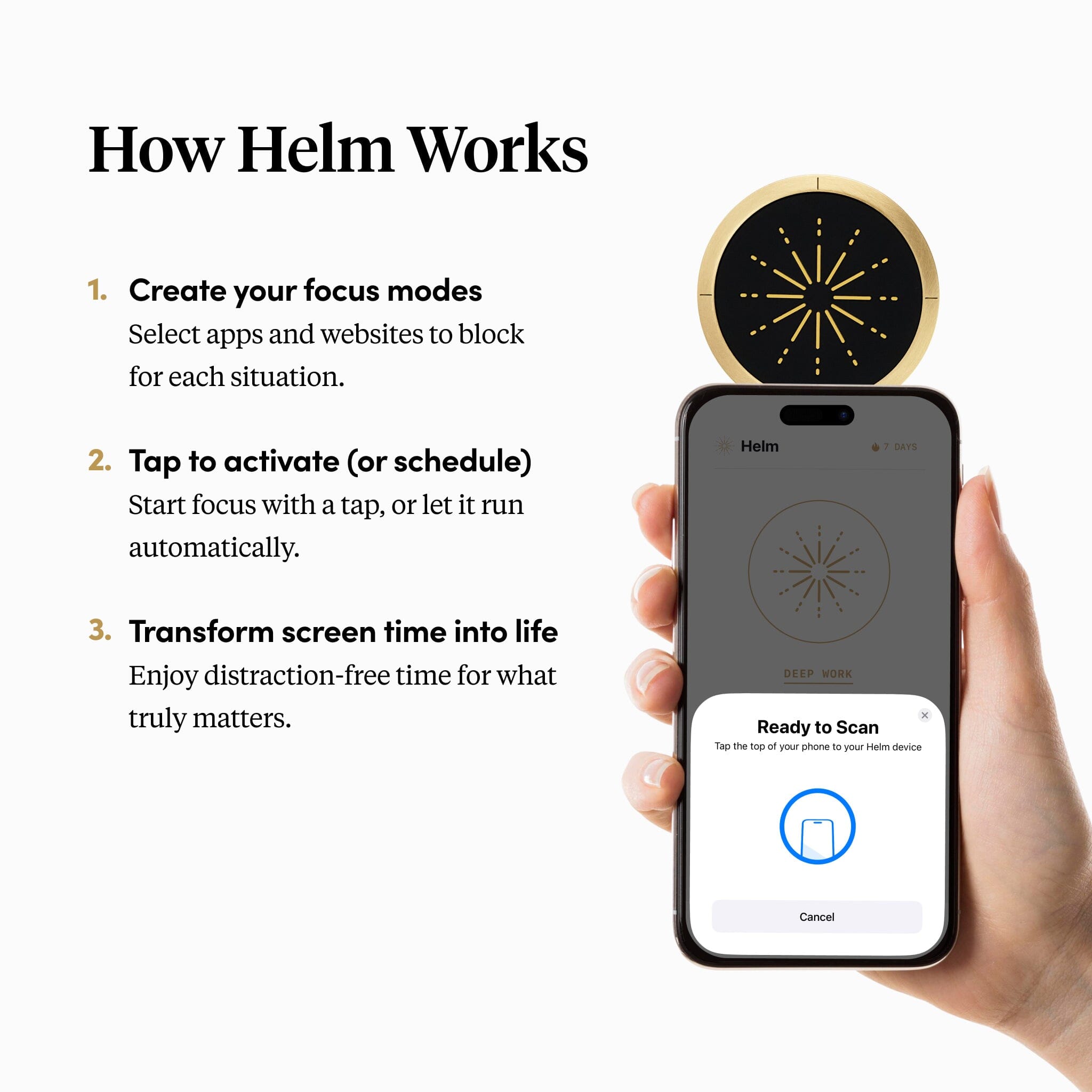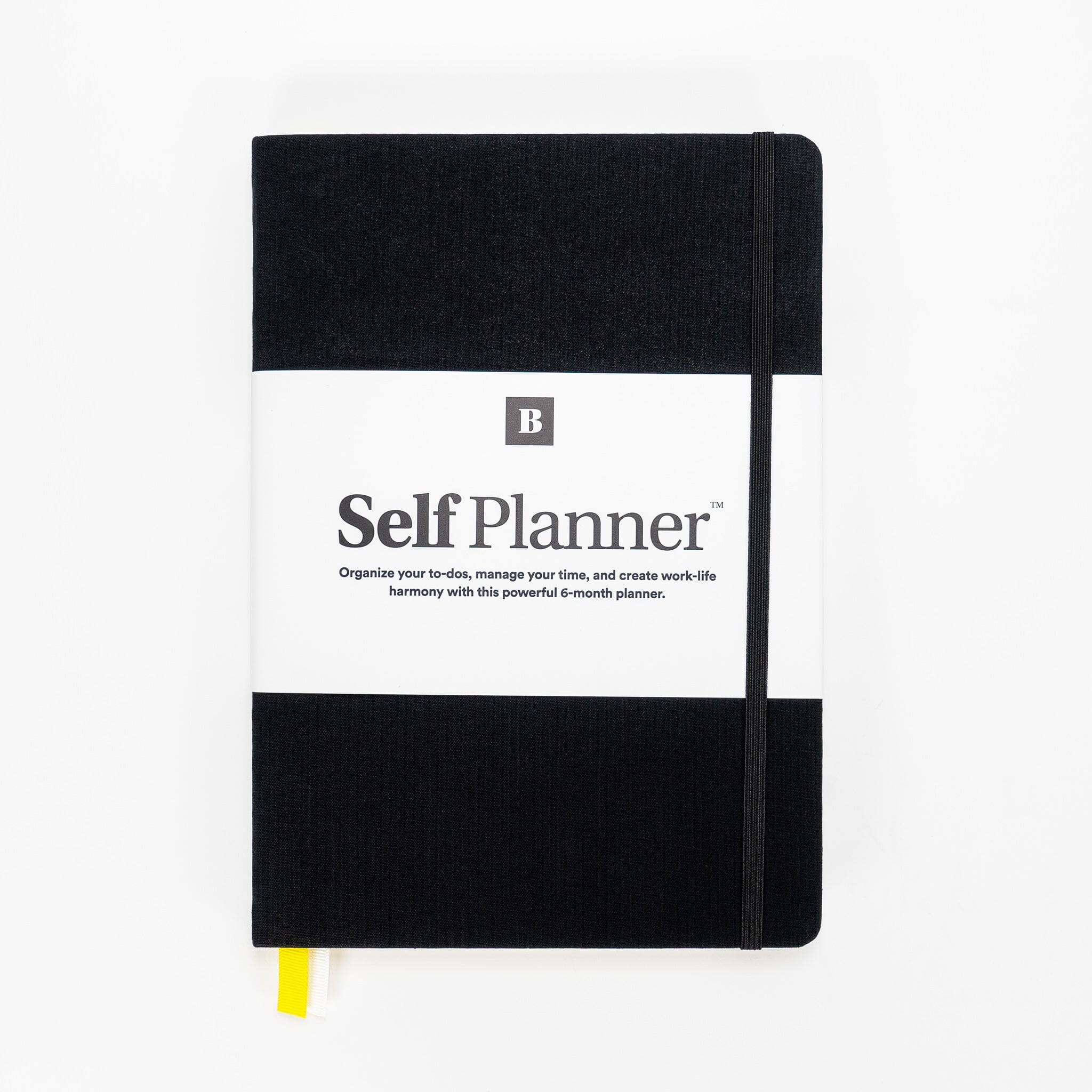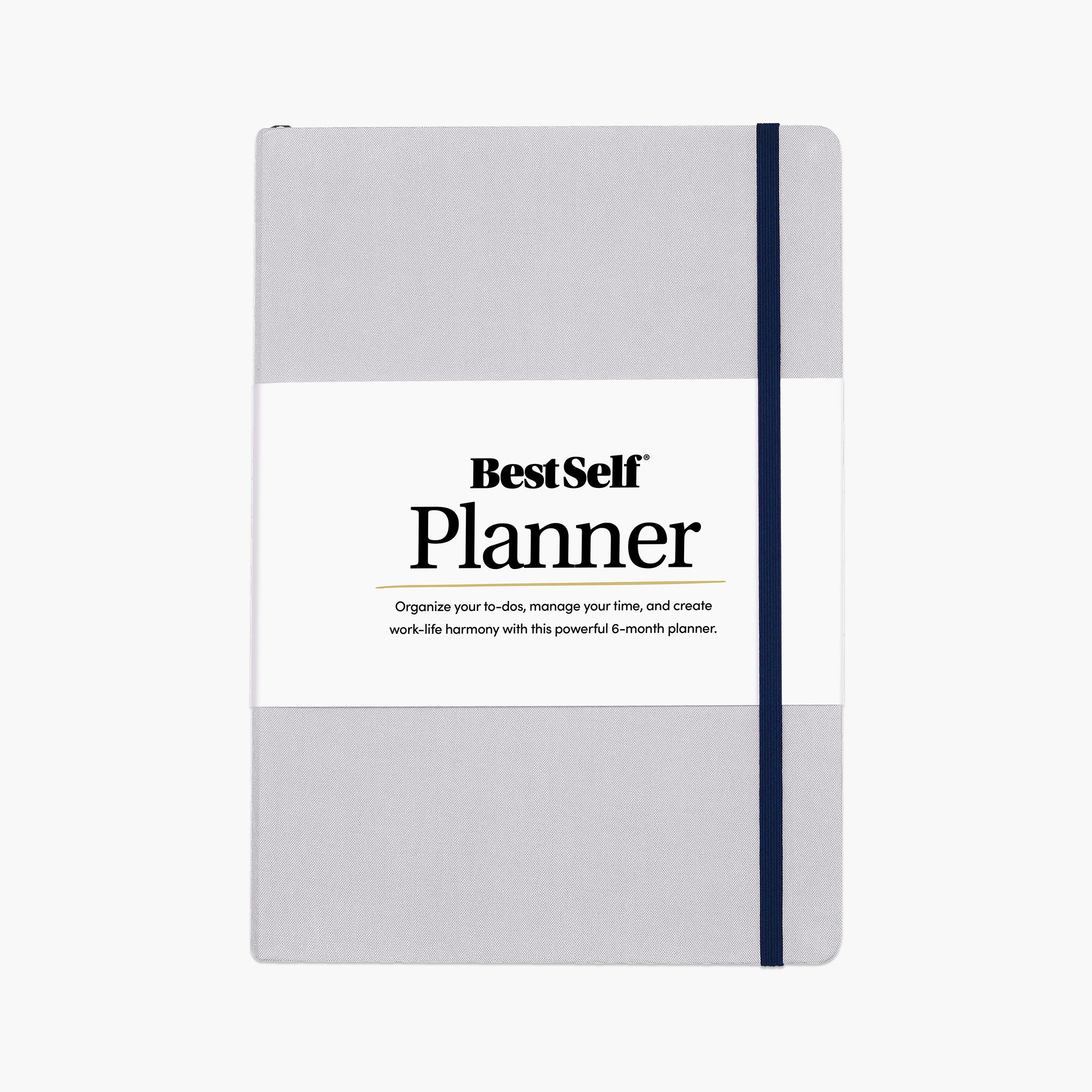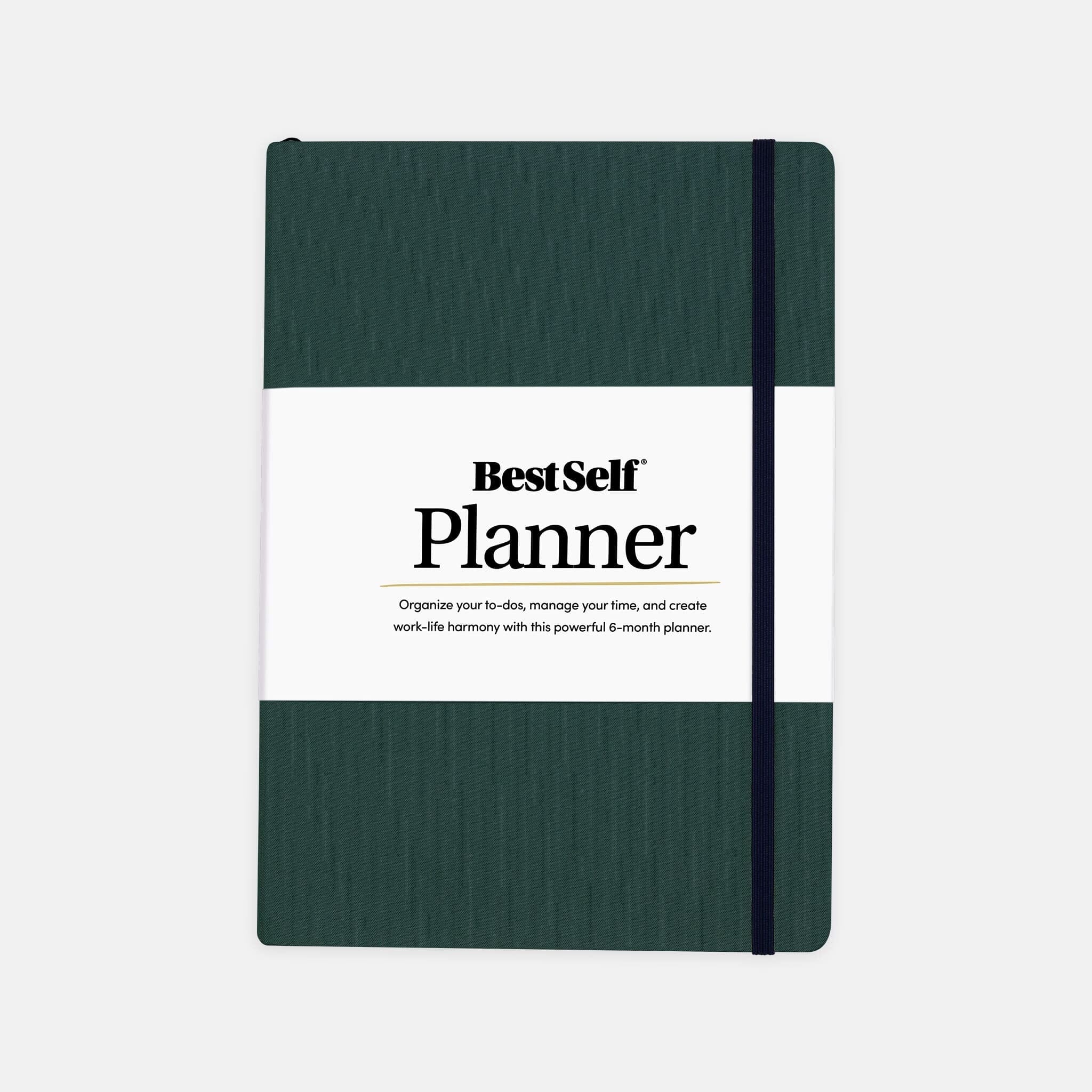You have big ambitions for your life. There are things you want to achieve in your business, in your career, in your personal life, and in your relationships. But you’re impatient! You’re not getting where you want to be fast enough!
You’ve hustled, invested your willpower, and deployed the grit and determination to get closer to your goals.
And it’s worked…
You’ve achieved so much already. The problem is you’re getting more overwhelmed and closer to burnout as the days go by (and the finish line isn’t getting any closer).
You’ve realized that what got you here won’t get you to the next step.
You know you have a finite capacity to do things. It’s why working harder and harder won’t necessarily give you the results you want.
Instead, you have to train yourself to work smarter. Here are seven ways to do that.
- Change your mindset
We live in a society that values hard work. Think back over your life and you’ll notice how parents, teachers, and bosses taught you that hard work gets rewarded. It’s why high achievers are happy to pull all-nighters and clock up a crazy number of hours.
But hard work has a capacity. Work too much, and you’ll undermine the very skills and talents that can help make you successful. You can’t focus or create when you’re exhausted. It can feel counterintuitive, but reducing the workload can actually free up the headspace you need to generate the ideas and insights that will help you step up.
It’s time for a mindset change.
Continue to value hard work. Continue to put the effort in that matches your expectations for yourself. But at the same time, value the things that don’t feel like hard work, but still generate results. This can include thinking time and relaxation time. It also includes time for conversations and time for yourself.
Give yourself the space (and permission) to take your foot off full throttle and you’ll open up a new level of thinking that could provide the answers you need.
- Set goals
Working smarter means investing more of your time on the things that move the needle in the direction you want to go.
If you don’t have goals, how will you know you’re working on the right things?
Set goals for every timescale of your life:
With these milestones to guide you, it will be easier to make decisions about what you should (and shouldn’t) be doing.
Need help setting goals? Check out these FREE downloadable goal-setting templates – for all areas of your life.

- Get enough sleep
When you’ve got deadlines and a to-do list that’s as long as your arm, working later and rising earlier feels like a logical solution. It’s a simple way to create more time in the day to get more done.
But this strategy won’t serve you long-term because you’ll soon be exhausted.
Don’t starve yourself of sleep. You need it to rest and rejuvenate.
Instead, ensure you get sufficient sleep as it’s going to keep your energy levels topped up so you have the physical and mental capacity to do it all.
If you want a deeper dive into the role of sleep for your productivity, watch this short video.

- Work on the right things
Trying to do everything yourself is not a good use of your time. Working smarter means doubling-down on the things you’re really good at and finding alternative ways to do everything else.
It’s a principle that applies to your home and professional life.
Here’s a quick exercise to help you figure this out:
Make a list of everything that you have to do on a daily and weekly basis. Separate this into three columns… tasks for work, tasks for home, and things for you.
Next look through the list objectively:
With this exercise complete, you can figure out how you’re going to handle it all in the future. For example:
Get help with your work, and you’ll have more time to do the things that matter!
- Systematize
It’s not how much time you work that matters. It’s how you use that time.
You may think you’re working as hard as you can, but there’s a good chance you’re squandering time through inefficiencies.
A simple way to work smarter is to look at where you can replace manual work for systems.
What tasks and activities do you do every day (or every week) that you could replace with a system?
For example:
Look where you can take manual work out of a task and replace it with automation. When tasks get done on autopilot, you free up a ton of time you can use elsewhere.
- Plan your day proactively
If you don’t plan your day, you’ll reduce significantly the amount of stuff you’ll get done. There are lots of reasons for this:
To name but a few…
If you want to get more done in less time, you MUST plan your day in advance. This goes beyond writing a to-do list. This is about getting intentional with how you’ll spend every minute – so the day becomes a win for you. Here’s how to do it:
- Reflect
The smart working practices that are going to work best for you are going to change over time – depending on where you’re at.
This isn’t a one-time check-in. Instead, this is a discipline you want to sharpen over and over.
So take time to reflect periodically.
See this as work in progress and stay open-minded so you’re receptive to any new wins that come your way.





